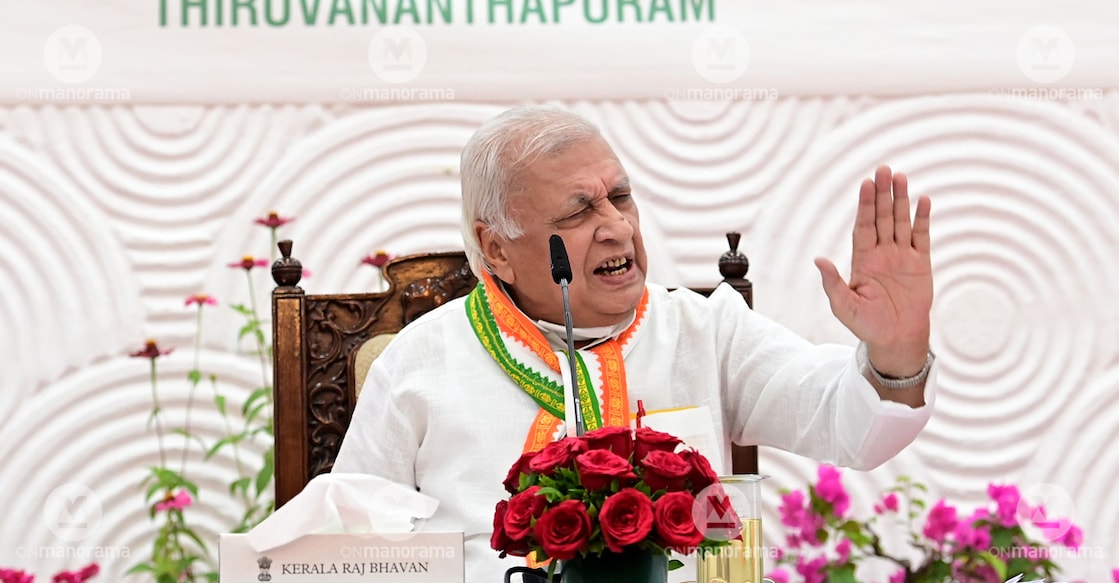Governor signs five bills, leaves contentious ones untouched

Mail This Article
Thiruvananthapuram: Continuing his standoff with the State Government, Kerala Governor Arif Mohammed Khan refused to sign the controversial bills seeking amendment to the Lokayukta Act and those pertaining to university affairs as they came up before him.
However, he gave assent to five out of the 11 bills presented to him for nod just ahead of his visit to Delhi on Wednesday.
Khan signed the five bills and left out the contentious ones as he had announced earlier. These bills were passed by the legislature and were despatched to the Governor for his assent.
He is set to depart for the national capital on Wednesday and will be back in Kerala on October 3.
As per the procedure, bills are forwarded from the Assembly to the legal department in the Secretariat, from where they are sent to the Chief Minister's Office before despatch to the Raj Bhavan. Once bills reach before him, the Governor will assess whether they are legal and constitutional. He also has the power to either seek explanations or send them back to the government. He can even forward them to the President via the Central government for approval.
Indicating that his nod was unlikely for controversial bills, last week Khan had said he was not a rubber stamp to sign on dotted lines.
He questioned the contents of the University Act Amendment and Lokayukta Act Amendment bills without naming them.
"The Assembly has every right to pass and adopt any measure. But I have a duty to perform, an obligation to see that whatever is recommended to me and asked to sign is exactly in accordance with the Constitution, with law, its spirit, and well-established conventions, not just in India, but all over the world," Khan said during a function in Kottayam.
He even alleged the bills were intended to legalise all illegal activities taken place so far.

